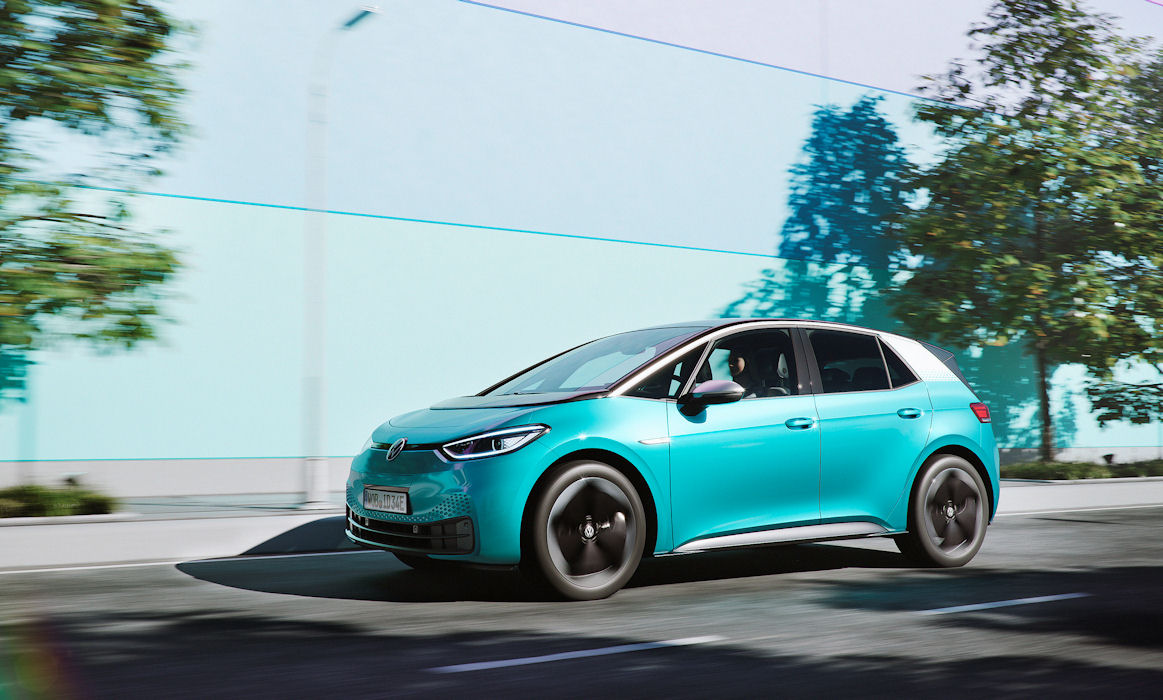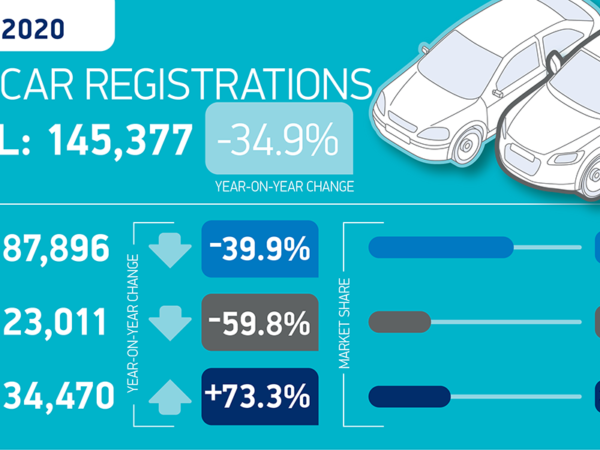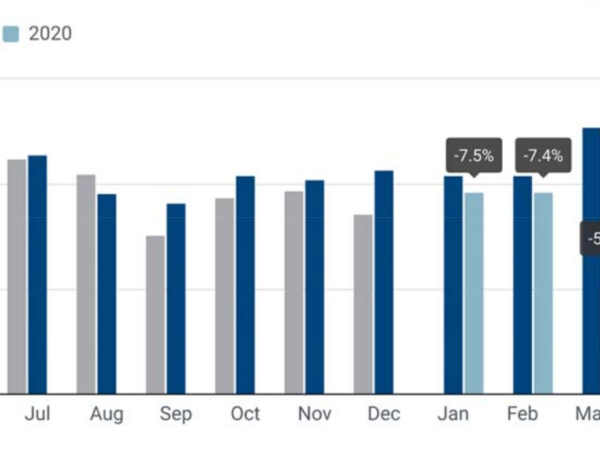BuyaCar predicts surge in car sales when lockdown restrictions ease
Dealers should be ready for a new surge in car sales when Britain emerges out of lockdown, according to the specialist online car supermarket BuyaCar.co.uk. The digital motor retailer issued the alert after conducting research (among 421 car owners) which reveals that an overwhelming majority of people will choose to use their own car over other modes of transport, when the latest national lockdown restrictions are lifted.




 Volkswagen
Volkswagen SMMT
SMMT ACEA
ACEA